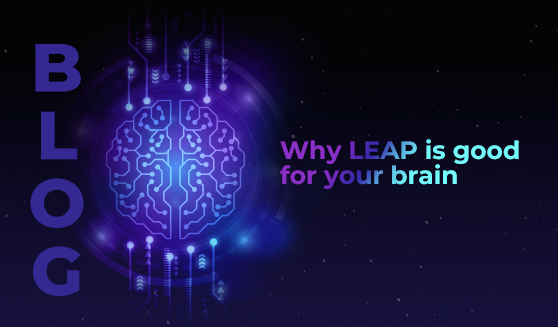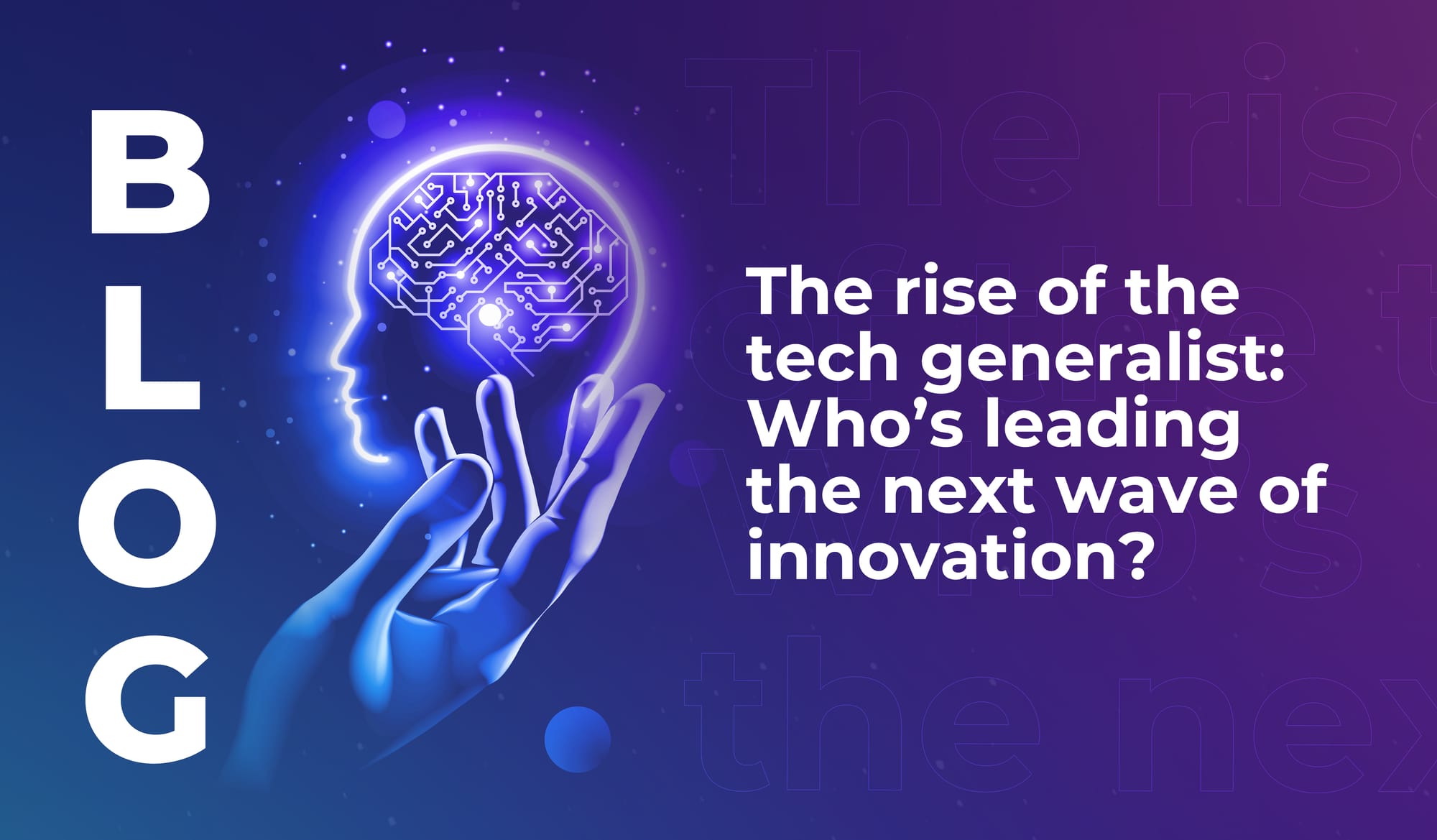
Work gets tough sometimes. In the tech industry, it’s inevitable that you’ll come up against major challenges and experience setbacks that throw your business or career off course. When you’re feeling motivated and inspired, it’s easier to navigate those challenges – but if you’re not feeling so great, a setback can create self-doubt, and make you wonder if you’re working in the wrong industry.
When we interviewed Margarete Schramboek (Board Member at Aramco Digital; Former Minister of Economy and Digital, Austria), we asked her what she loves about LEAP. She said: “It is about connecting with people. Having inspiring talks and ideas. My brain last year was full of new insights and inspiration.”
So we want to talk about why LEAP is good for your brain. It’s not just a tech conference; it’s a place to gain new enthusiasm and build your resilience with a vibrant network, industry-leading research, and fresh opportunities.
Reason 1: You explore ideas you couldn’t have imagined
Human brains love novelty. New information and experiences help us to come up with our own new ideas – offering new perspectives to explore, and opening us up to looking at old problems in pioneering ways.
Time and time again, the keynotes and workshops presented by global tech leaders at LEAP have left us motivated and inspired; and we know they’ll do the same for you. They change the way you think about the world and build your optimism – giving you the confidence to pursue your most ambitious goals.
Because when you see others stepping beyond the norm and cutting a new path through the industry, you know you can do it too.
Reason 2: You realise you don’t have to be isolated
Running a company or carving out a career in tech can feel a little lonely sometimes. There’s a lot of pressure to succeed, and to do it fast – to prove yourself in a competitive industry that doesn’t have time to let you move slowly. That pressure means that many tech industry innovators work long hours and dedicate themselves to bringing their ideas to fruition; and that comes with a social cost.
At LEAP, you’re surrounded by people who are just as dedicated as you are. They’re able to empathise with your experiences in the industry and share their own wisdom and knowledge. You build professional, productive relationships that are rooted in positivity and energy: everyone wants you to succeed, and by the time you leave Riyadh, you feel like you’re a part of a strong community.
Reason 3: The pace of change becomes exciting
When you have that sense of being part of the global tech community, the pace of change in tech becomes less stressful and more exciting. It’s full of opportunities – and you’re perfectly placed to embrace those opportunities and have a meaningful impact on the world.
LEAP doesn’t just showcase cutting edge products for the sake of being cutting edge. Instead of being just an event, it’s a movement: with a vision of the future that underpins everything that happens on the exhibition floor. When you explore the possibilities, the technologies, and the personalities involved in enabling that vision, you can’t help but gain a deep enthusiasm for the potential of tech to make life better.
As Schramboek put it: “Together we will seek for the right and new answers to the challenges of this world for the sake of the next generations.”
We can’t wait to see you in Riyadh for LEAP 2025; where we’ll push the boundaries of what’s possible and work towards real solutions for the world’s most important problems.








